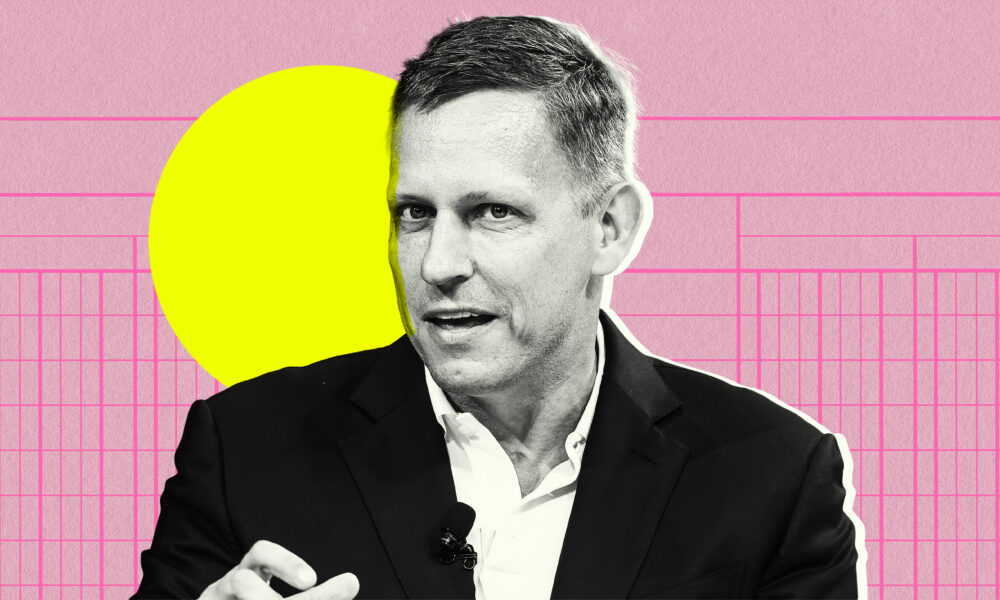Peter Thiel, the co-founder of PayPal and Palantir, has sparked significant controversy following leaked remarks regarding the concept of the Antichrist. Thiel, known for his provocative ideological views and substantial wealth, has previously influenced political and social landscapes through his financial support of various initiatives. Recent audio obtained by The Guardian reveals Thiel’s belief that the Antichrist, a figure from Christian eschatology, may be present in the world today.
In a private talk, Thiel suggested that this figure, often described as an evil leader or tyrant, is not merely a metaphorical concept but a literal entity that could emerge during apocalyptic times. He elaborated on this notion, emphasizing a dramatic interpretation: “Some people think of [the Antichrist] as a type of very bad person,” Thiel stated. “What I will focus on is the most common and most dramatic interpretation of Antichrist: an evil king or tyrant or anti-messiah who appears in the end times.”
Thiel’s remarks extend beyond abstract speculation; he mentioned specific individuals he suspects could embody this figure, naming climate activist Greta Thunberg and AI critic Eliezer Yudkowsky. Both individuals represent ideological challenges to Thiel’s views, raising questions about his motivations and the implications of such assertions.
The leaked audio presents a concerning image of a powerful figure engaging with religious texts in a manner that some observers describe as irrational. Critics note that such preoccupations could reflect disordered thinking, as Thiel draws connections between numbers and ideas that appear to defy logical reasoning. During the lecture, he stated, “Christ only lived to age 33 and became history’s greatest man… the Antichrist will be a youthful conqueror; maybe in our gerontocracy, 66 is the new 33.”
Thiel’s wealth and influence amplify the potential consequences of his beliefs. As a major player in technology and politics, his ideas have far-reaching implications. The intersection of his financial power and these controversial views raises concerns among commentators and analysts alike.
An exchange with Ross Douthat of the New York Times highlighted the irony of Thiel’s assertions. Douthat questioned Thiel’s investments in AI and military technology, suggesting that an actual Antichrist would likely embrace the surveillance and control measures that Thiel has supported. Thiel’s response, appearing defensive, did not adequately address the troubling implications of his investments in relation to the very fears he expressed about the Antichrist.
Critics argue that Thiel’s fixation on the Antichrist represents a broader trend among wealthy individuals who may become detached from rational discourse. The phrase, often attributed to author Ellen Raskin, encapsulates this idea: “the poor are crazy, the rich just eccentric.” In Thiel’s case, the concern is not merely eccentricity but the potential for his beliefs to influence significant technological and political decisions.
The discourse surrounding Thiel’s remarks serves as a reminder of the complex dynamics at play when wealth, ideology, and technology intersect. As he continues to wield considerable influence through his various ventures and political connections, the implications of his worldview extend well beyond personal belief, raising critical questions about accountability and responsibility in positions of power.
While Thiel’s remarks may seem outlandish, the real-world impact of his investments and ideological pursuits cannot be overlooked. Observers will undoubtedly continue to scrutinize his actions and statements, searching for clarity in the murky waters of his beliefs and their implications for society.







